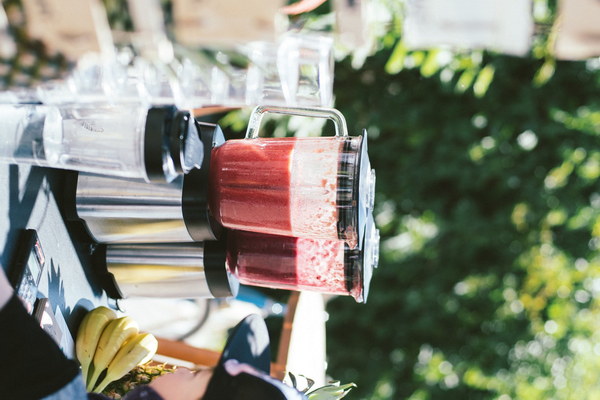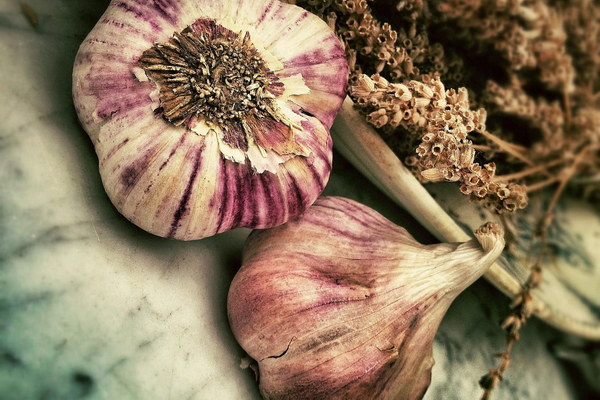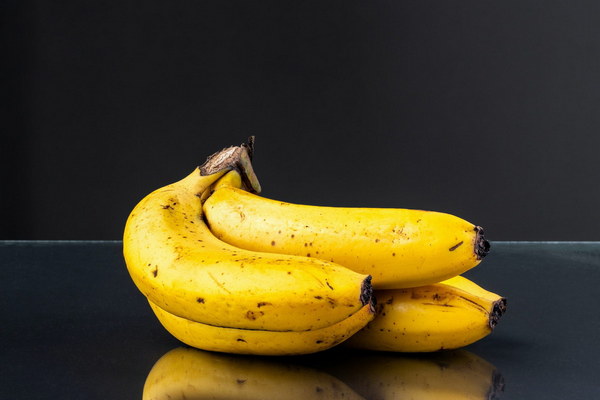Top Tips for Optimal Liver and Kidney Care in Pigs
In the world of animal husbandry, ensuring the health of livestock is of paramount importance. Pigs, in particular, are susceptible to liver and kidney issues that can significantly impact their overall well-being. This article aims to provide farmers and animal caretakers with the best methods for liver and kidney care in pigs, ensuring they lead healthy and productive lives.
1. Balanced Diet
A well-balanced diet is crucial for maintaining optimal liver and kidney function in pigs. It is essential to provide a diet that meets their nutritional requirements while avoiding overfeeding. Here are some key points to consider:
- High-quality feed: Use high-quality, balanced feed that is free from contaminants and mold. This will help reduce the risk of liver and kidney damage.
- Roughage: Incorporate roughage such as hay or silage into their diet to aid digestion and prevent obesity, which can strain their organs.
- Protein: Ensure that the feed contains an appropriate amount of protein to support their growth and development without overburdening their kidneys.
- Water: Provide ample access to clean, fresh water at all times to support kidney function and maintain hydration.
2. Regular Health Checks
Regular health checks are vital for early detection and treatment of liver and kidney issues. Here are some tips for conducting effective health checks:
- Monitor weight and body condition: Changes in weight or body condition can indicate underlying health problems.
- Observe behavior and appetite: Pigs with liver or kidney problems may exhibit changes in behavior, such as decreased appetite or lethargy.
- Perform physical examinations: Check for signs of jaundice, swelling, or other visible symptoms of liver or kidney problems.
- Conduct laboratory tests: Regular blood and urine tests can help identify potential issues early on.
3. Preventative Measures
Preventative measures are essential for maintaining the health of pigs' liver and kidneys. Here are some strategies to consider:
- Sanitation: Keep pens and living areas clean to reduce the risk of infections that can damage the liver and kidneys.
- Vaccinations: Ensure that pigs are up to date on their vaccinations to prevent diseases that can affect their organs.
- Avoid stress: Stress can exacerbate liver and kidney issues. Minimize stress by providing a comfortable living environment and managing handling practices.
- Genetic selection: Select animals with a history of good liver and kidney health for breeding programs.
4. Proper Handling
Proper handling techniques can help prevent injury and stress that can lead to liver and kidney damage. Here are some tips:
- Train workers: Ensure that all staff members are trained in proper handling techniques to minimize the risk of injury.
- Use gentle handling: Avoid rough handling or sudden movements that can cause injury to the pigs.

- Provide a safe environment: Ensure that pens and living areas are free from hazards that could lead to injury.
By following these best practices for liver and kidney care in pigs, farmers and animal caretakers can help ensure the well-being of their livestock. A healthy pig is not only more productive but also less prone to disease and injury. By investing in their health, you are investing in the success of your farm.









